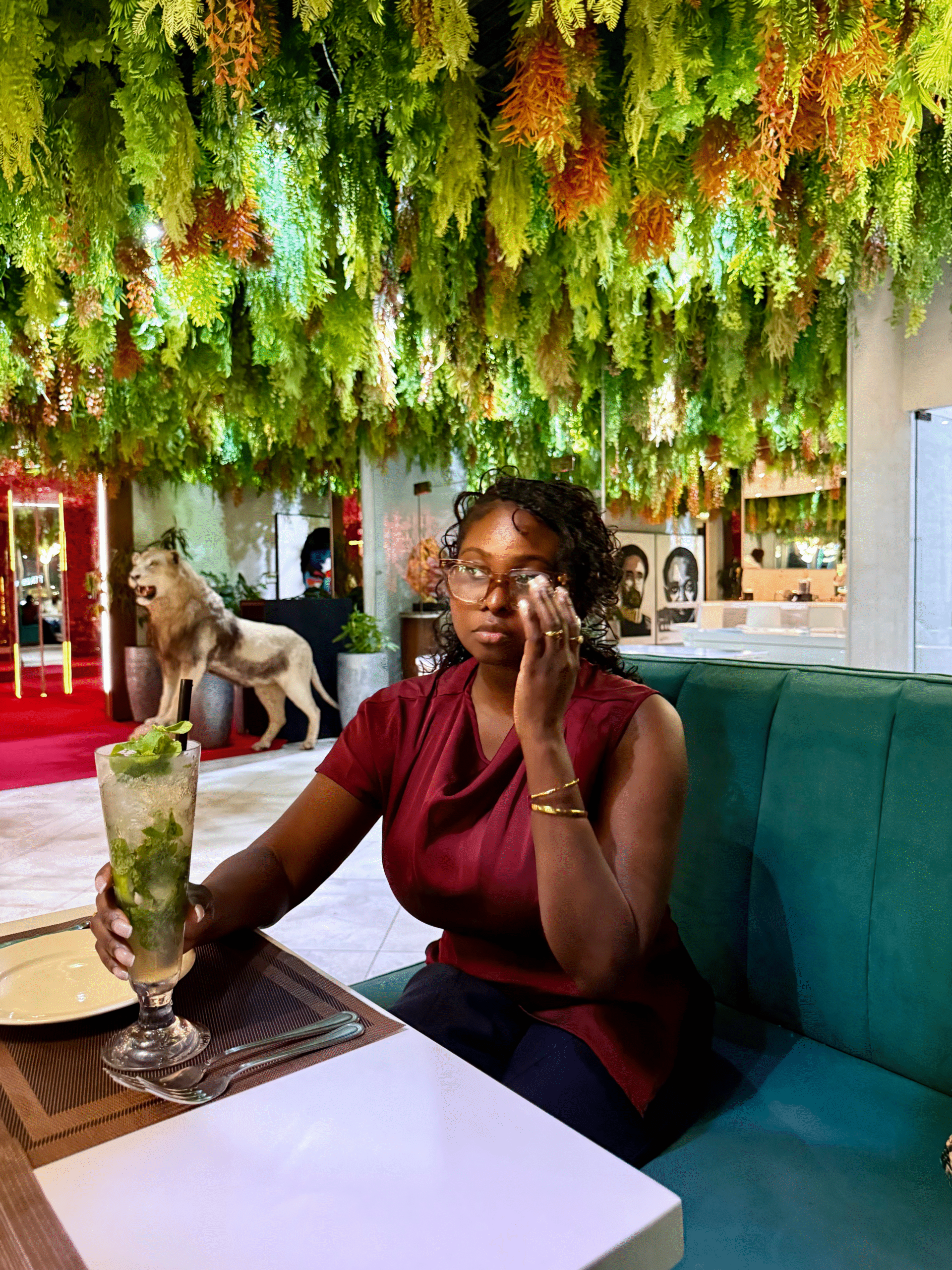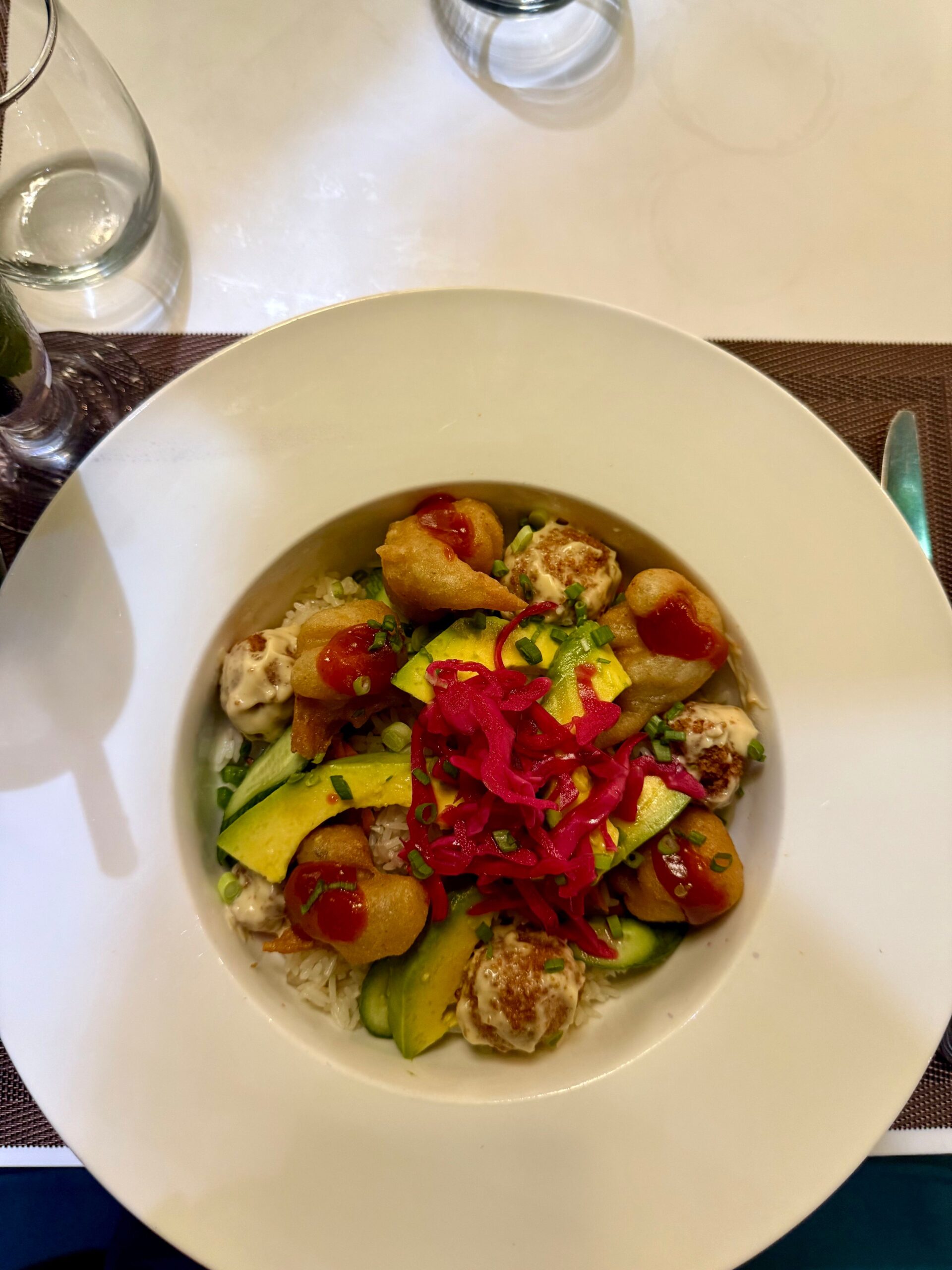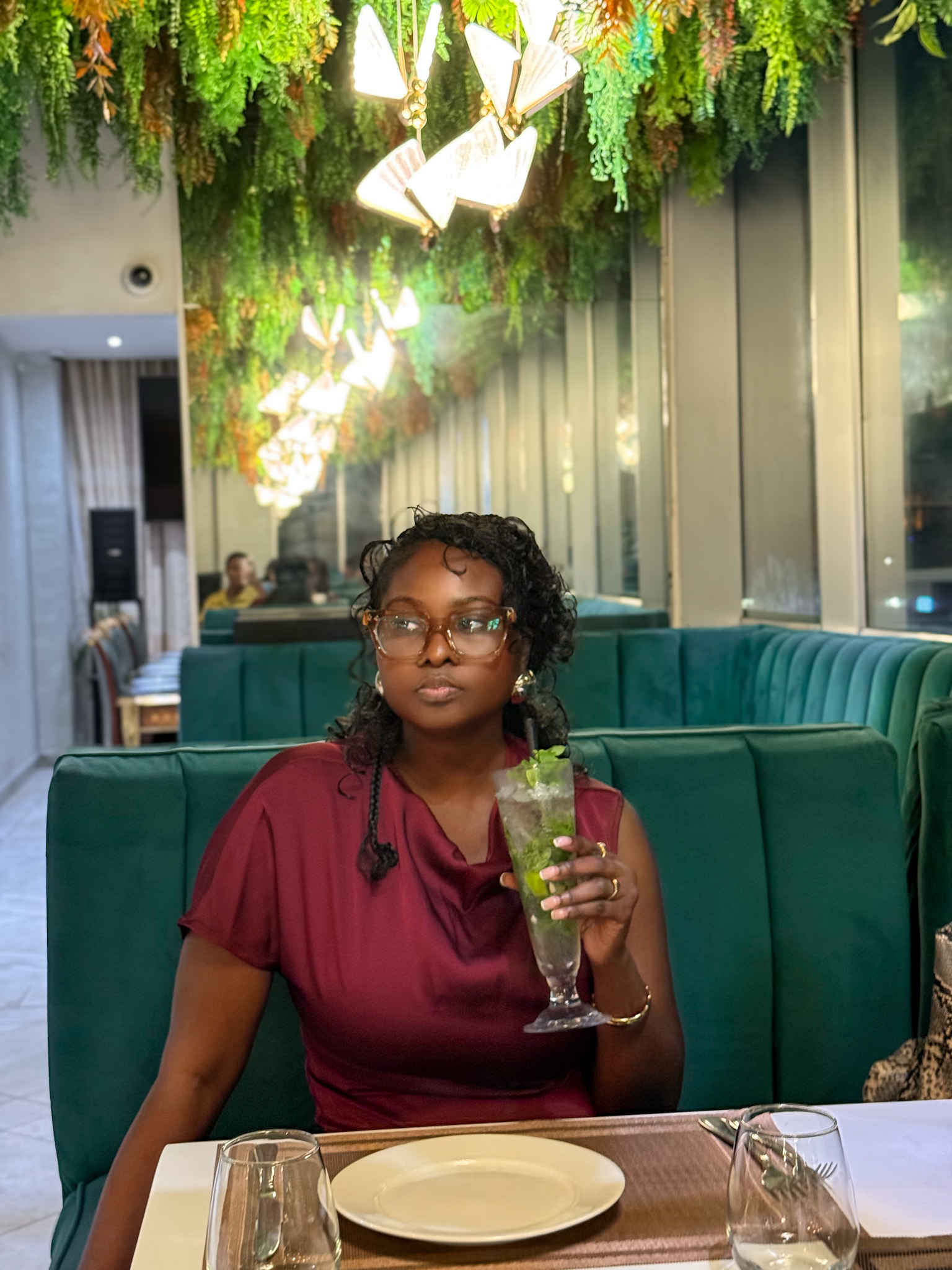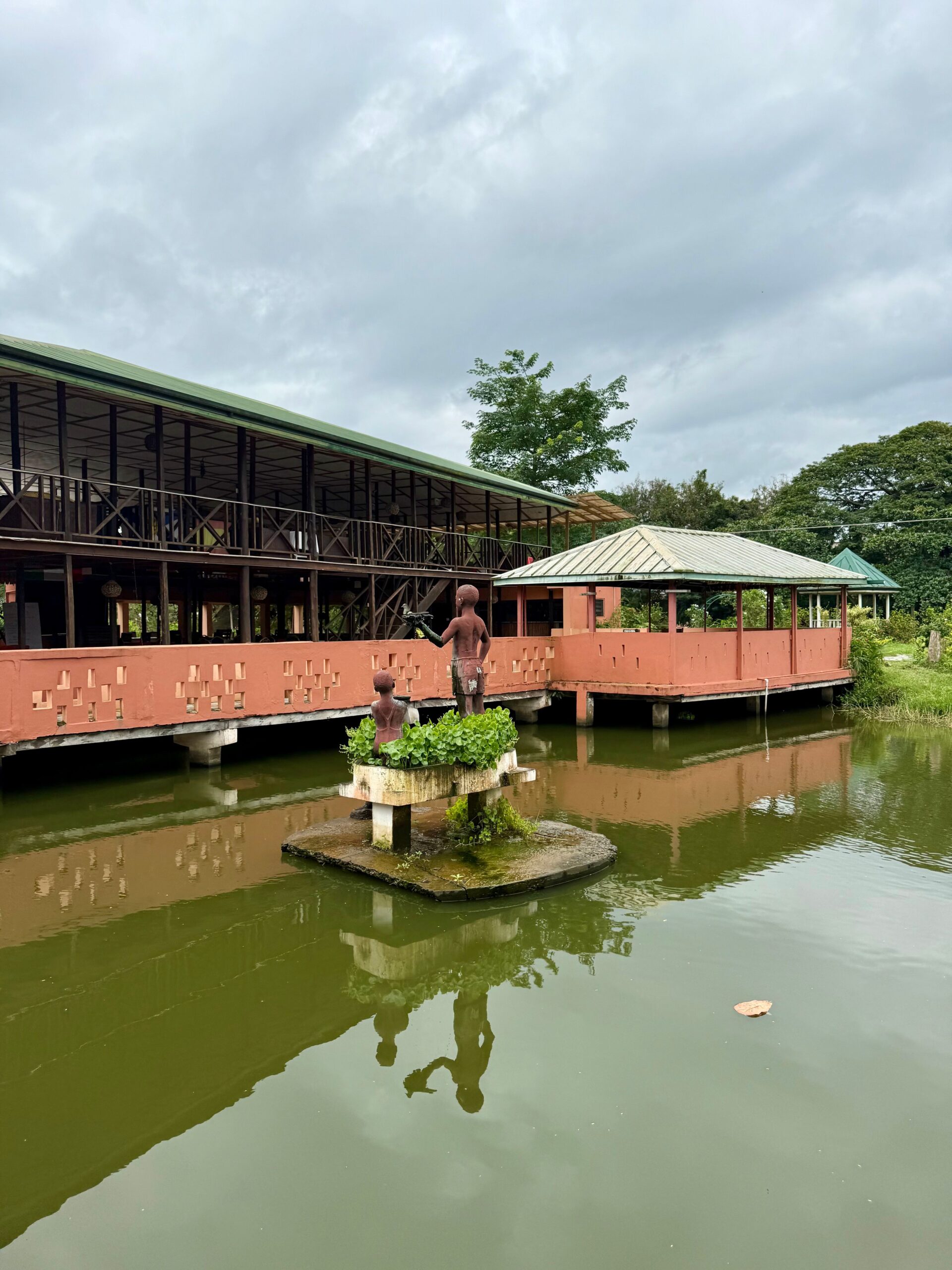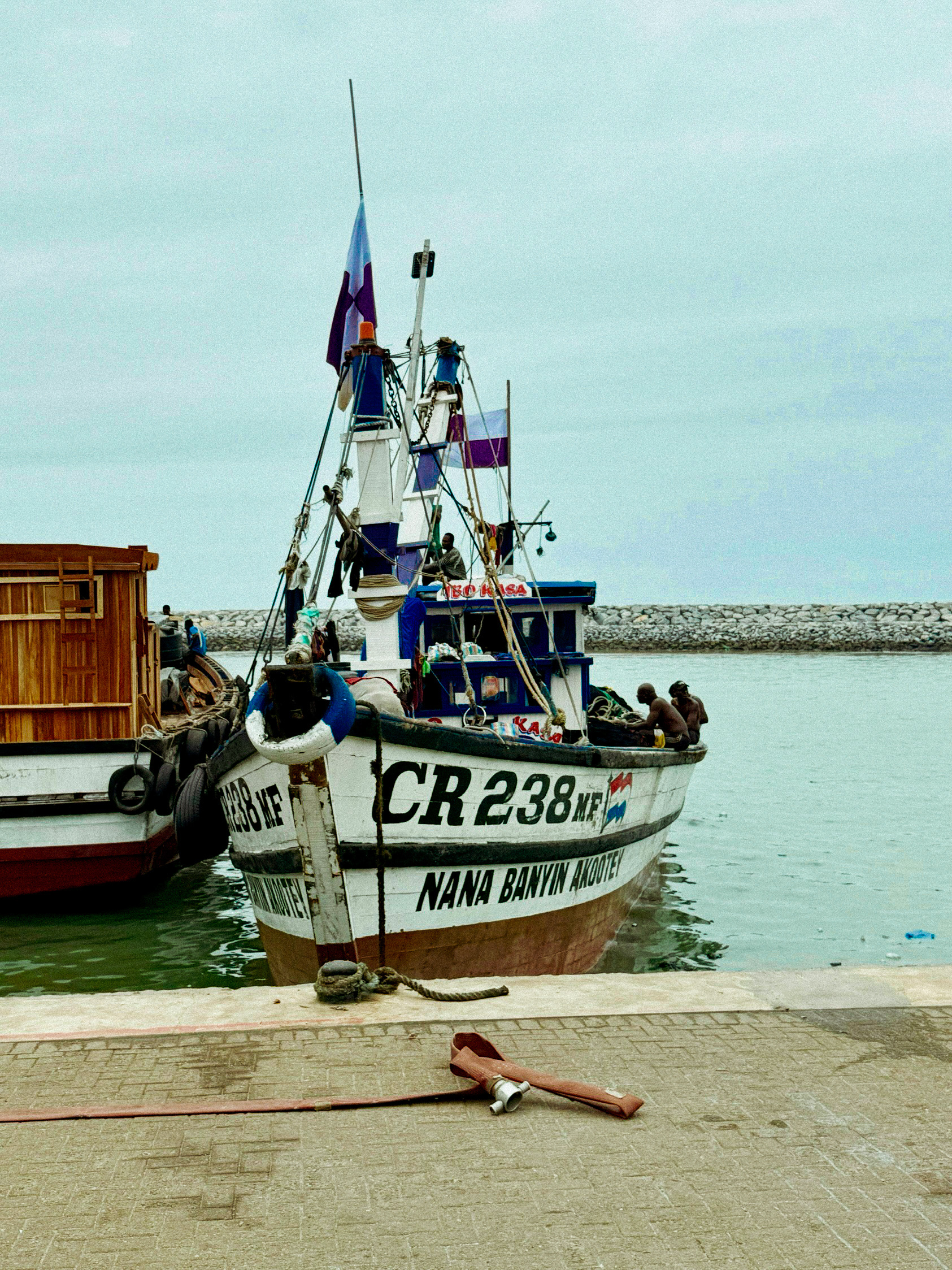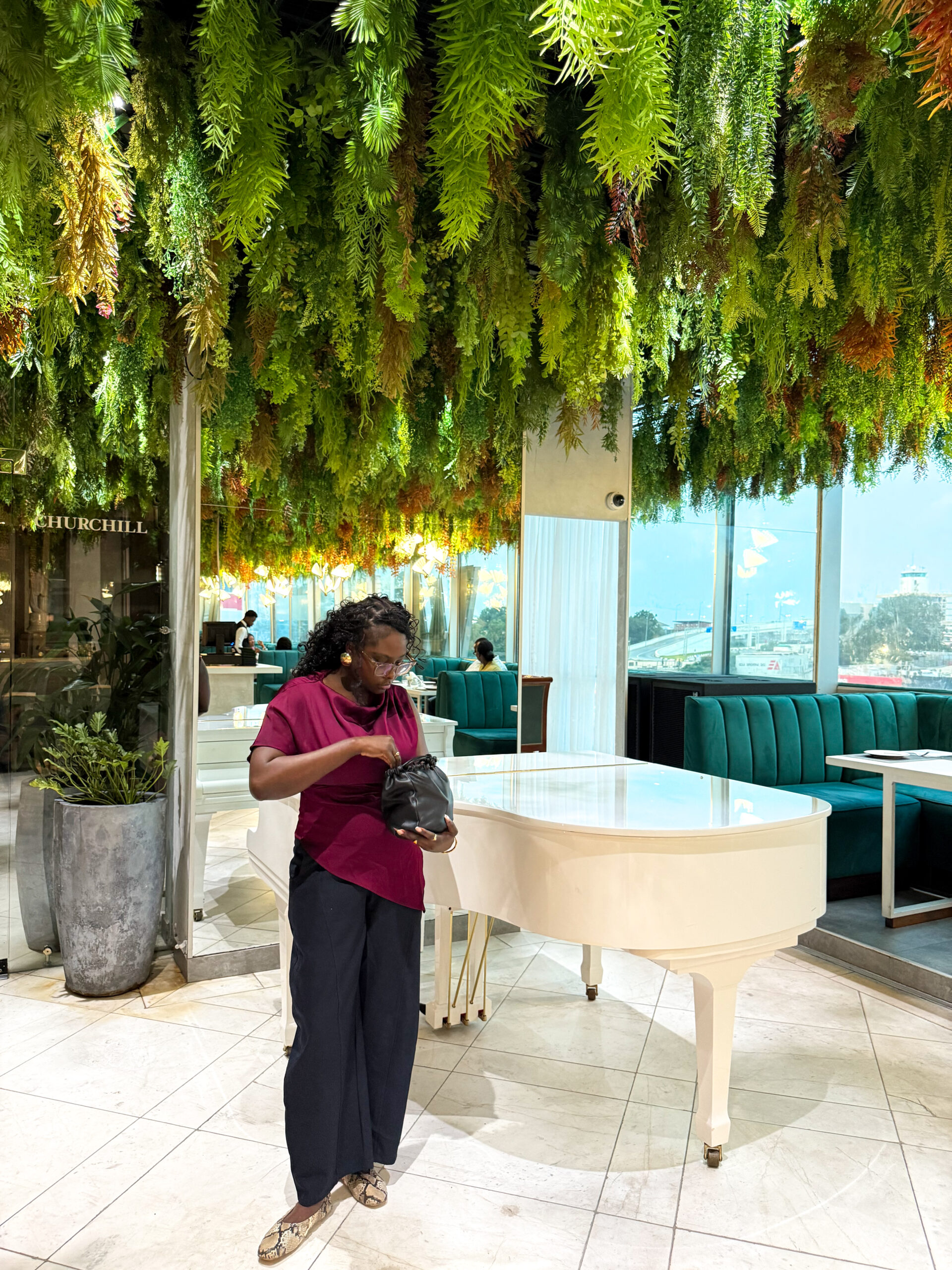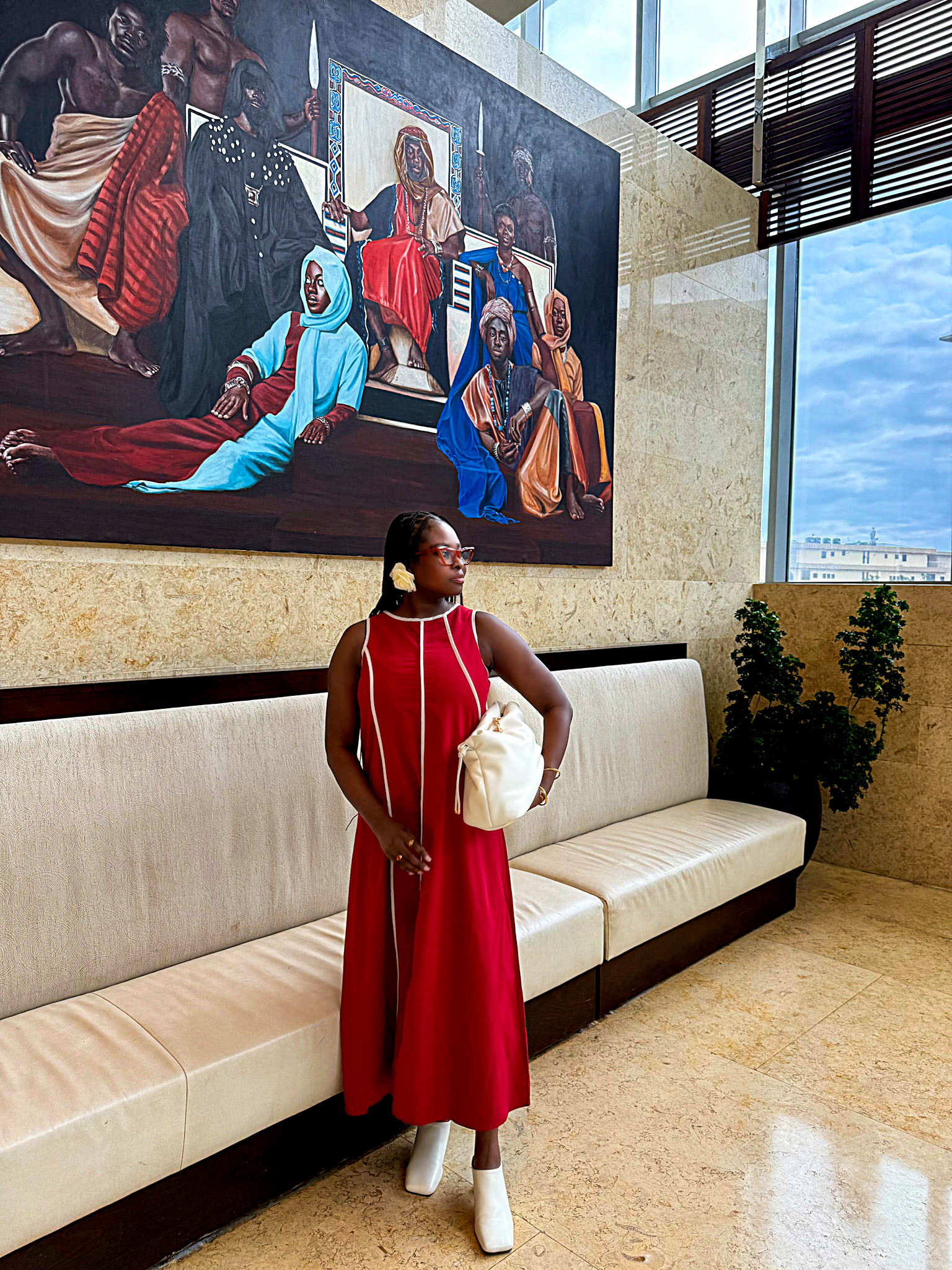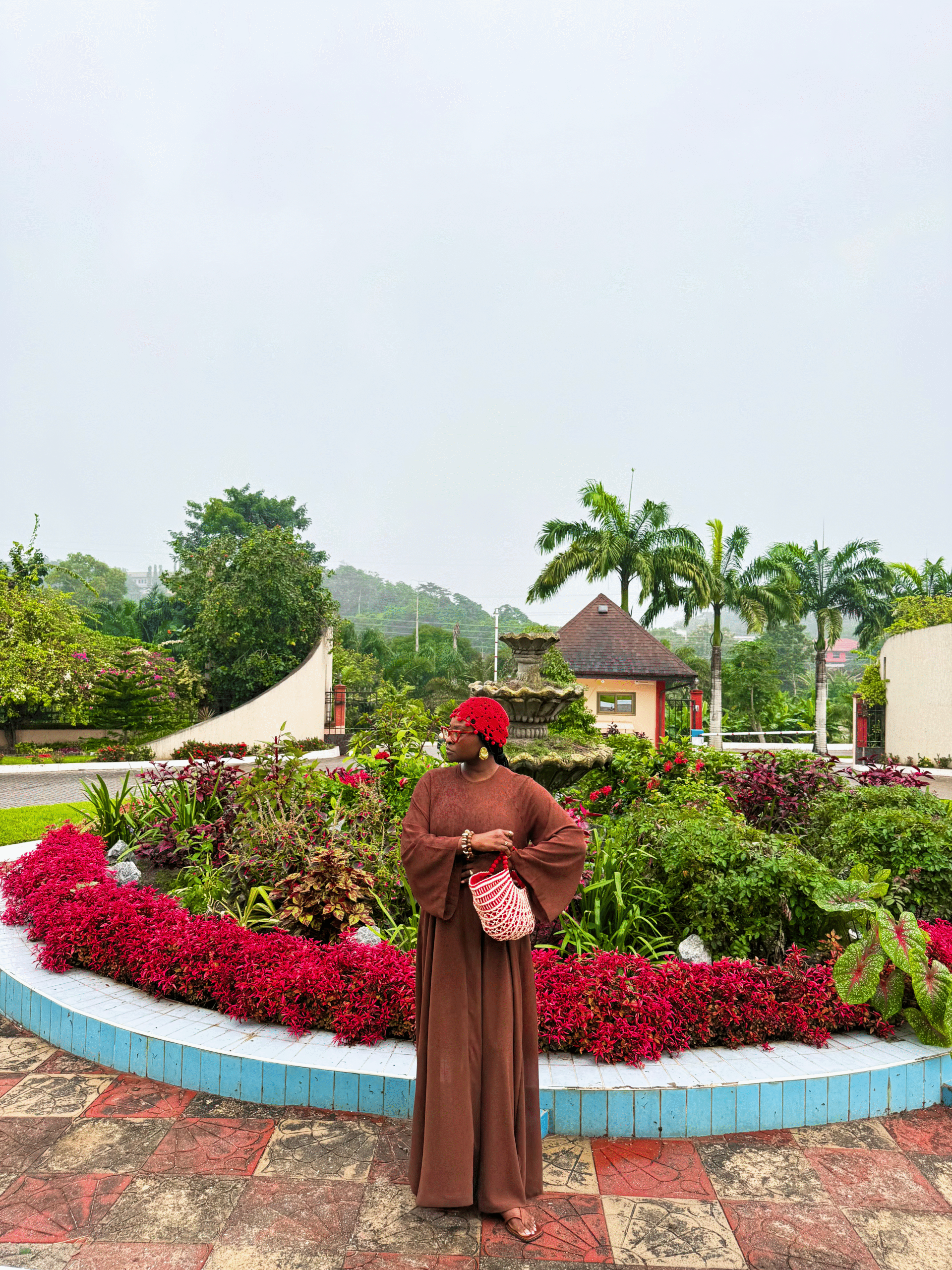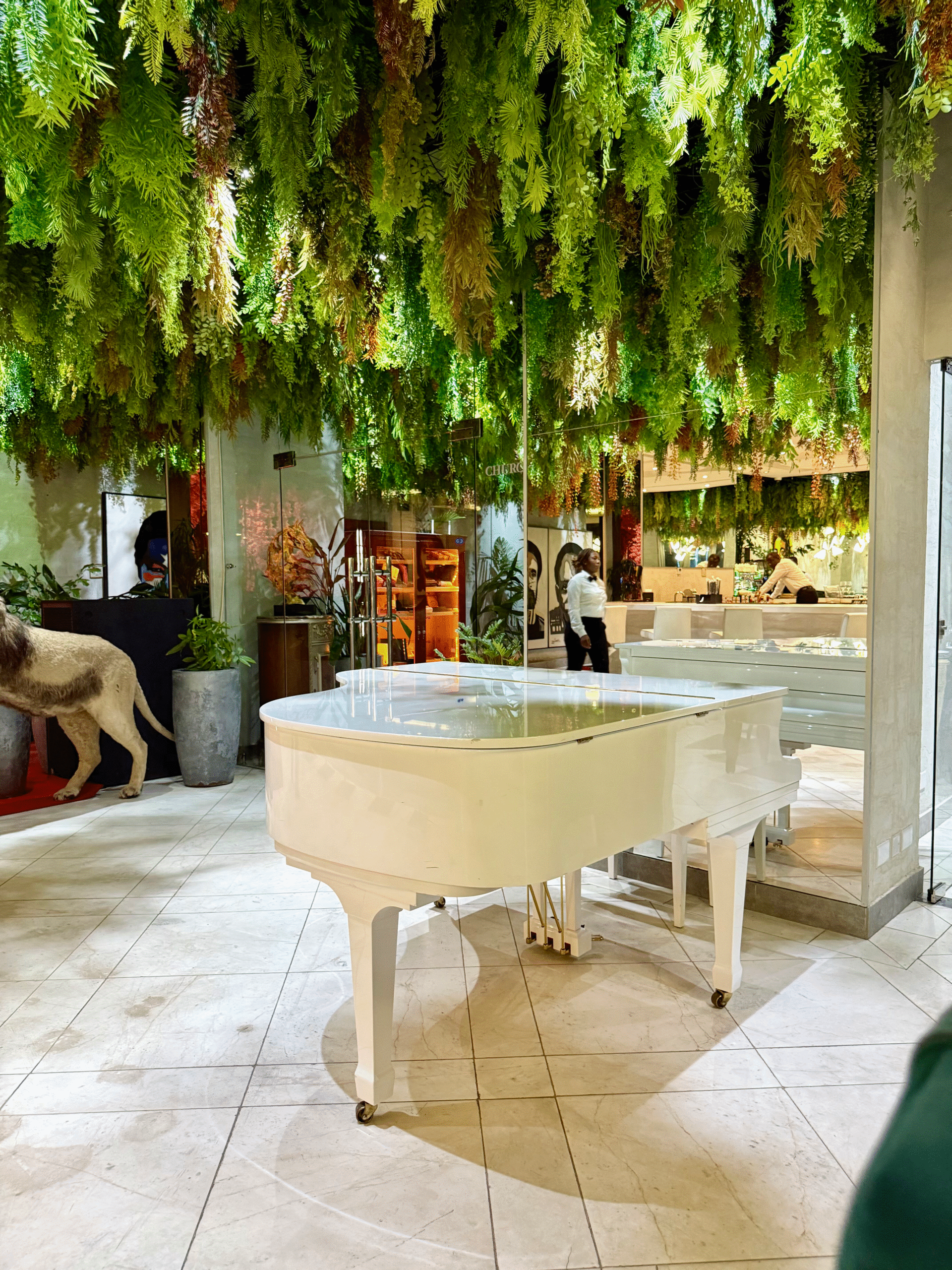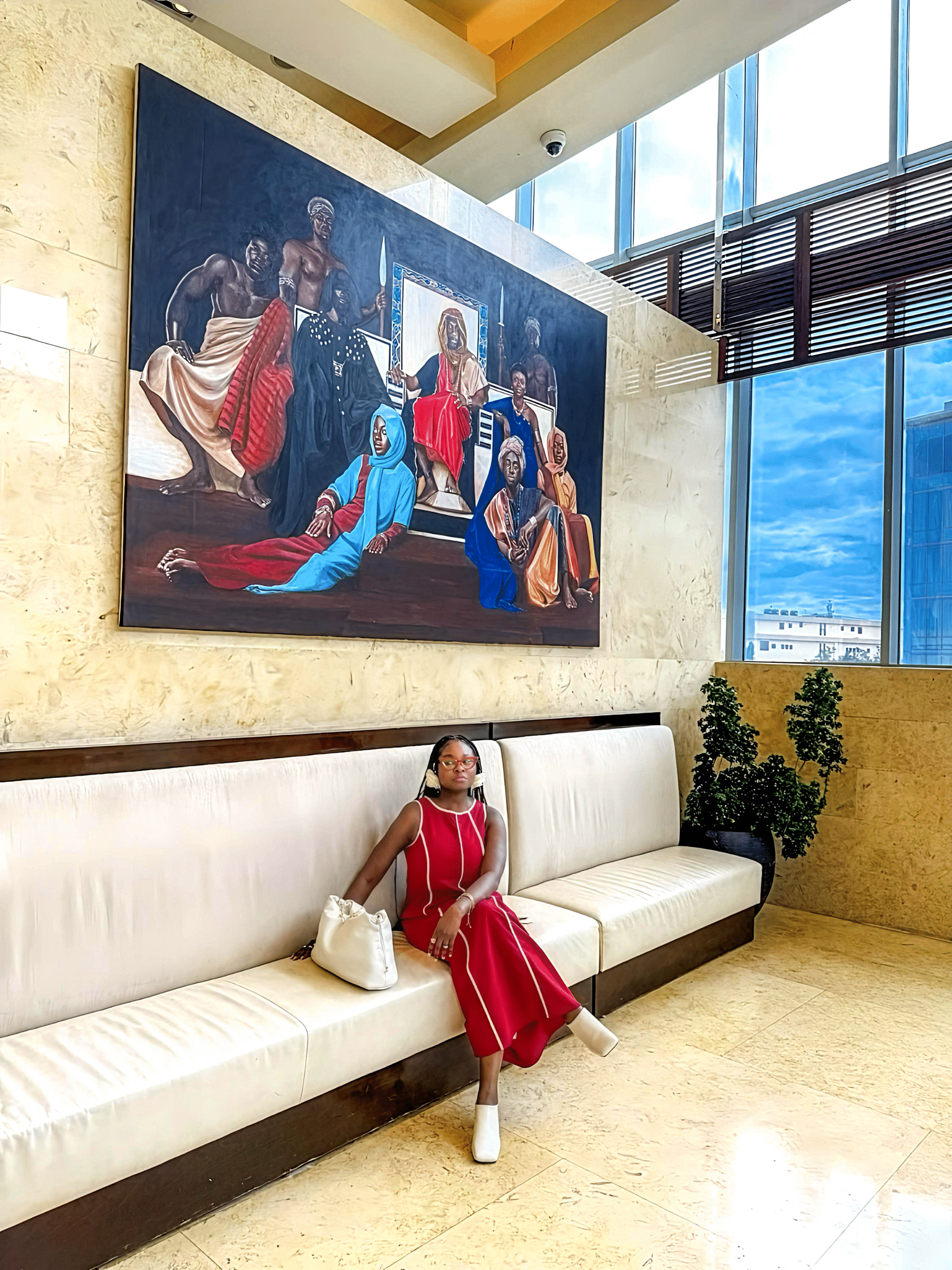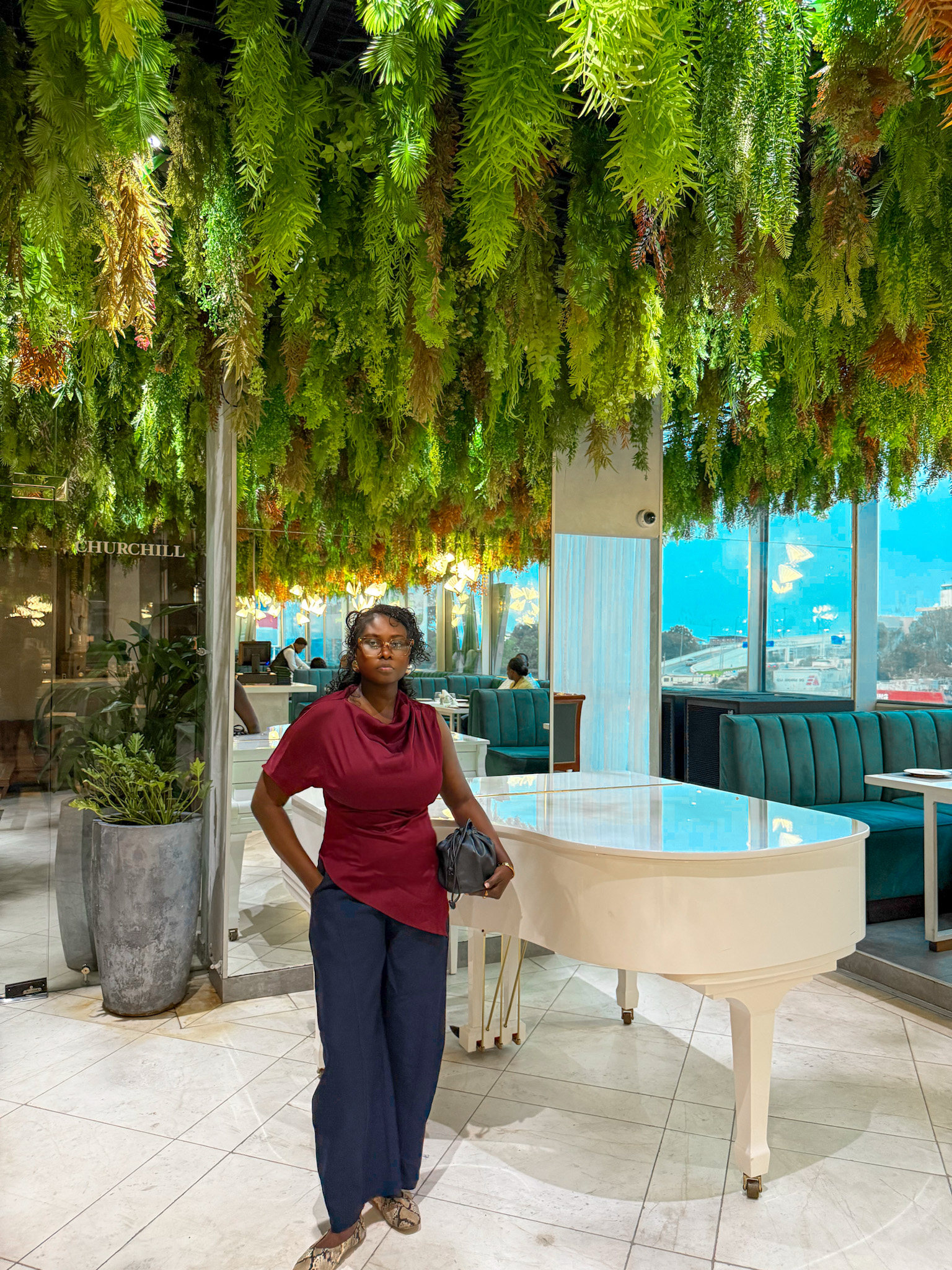 Arrival and First Impressions
Arrival and First Impressions
Our journey to Ghana didn’t quite go as smoothly as planned. We were scheduled to land at 6:15 pm, just in time to catch the famous Ghanaian sunset. But due to flight delays, by the time we landed, cleared immigration, and collected our bags, it was well past 10 pm.
Sadly, we missed the beautiful sunset I had been looking forward to, but all that disappointment disappeared when I spotted my brother waiting for me. The poor guy had been at the airport for hours, yet his smile hadn’t faded. The joy I felt in that moment is difficult to explain — I hugged him so tightly I only let go because, well, it would have looked a little odd in public!
He drove us home, and by the time we arrived, it was after 1 am. We were exhausted, but the happiness of being back with family outweighed the tiredness.
Exploring the Cities
Our first few days were all about settling in and soaking up the vibrant energy of Ghana. Accra, in particular, has a rhythm of its own
– a mix of busy streets, the sound of cars honking, and the chatter of street sellers – so much colour and life.
I love living in a quiet area, but something is grounding about being in a place where life feels both fast-paced and laid-back at the same time.
One of the highlights was simply driving through the city with family. Even the traffic jams had their charm — street vendors weaving between cars, selling chilled water, snacks, or even phone chargers. For me, it wasn’t about seeing “tourist sites” right away, but about reconnecting with the everyday pulse of Accra – I was home to my motherland.
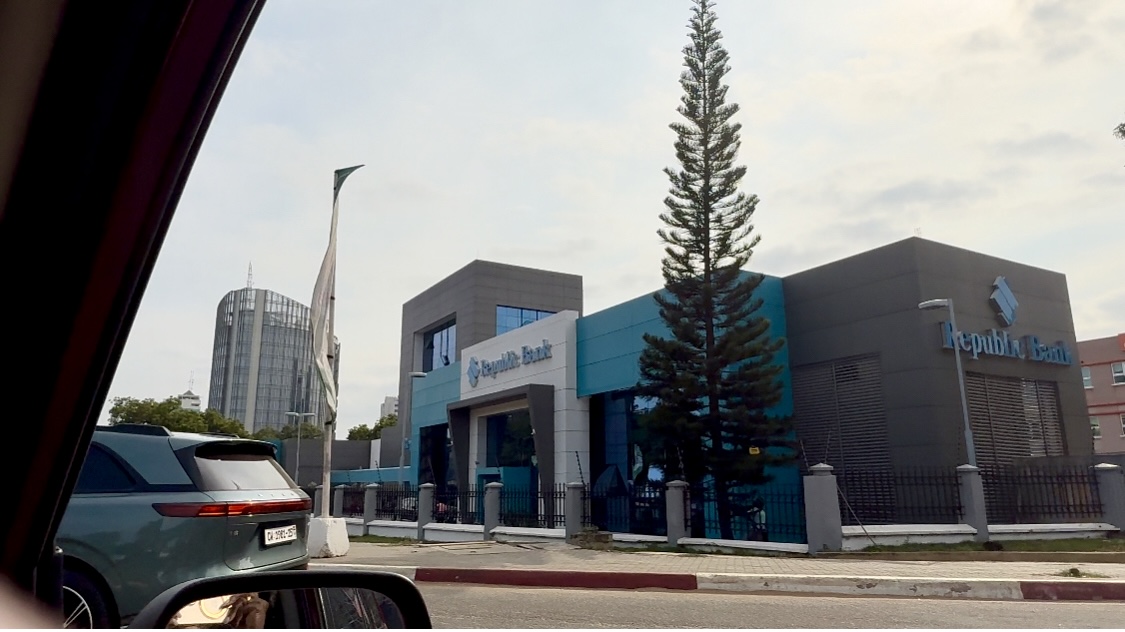
Food Adventures
No trip to Ghana is complete without diving headfirst into the food — and we didn’t waste any time. From the very first day, I was reminded of just how rich and comforting Ghanaian dishes are. Oh, how I indulged! I had made a list of some of the local foods I hadn’t had for many years. Good for me, my brother had made it his mission to spoil u,s so whatever we wanted, we got.
We started simple with Hausa Kooko (millet porridge) and bofrot (some sort of doughnuts. Another time, I followed my brother to his waakye plug. Yes, waakye, that iconic rice-and-beans dish, topped with spaghetti, gari, meat, and shito (a spicy black pepper sauce).
Then there was jollof rice and fried rice- so flavourful that you couldn’t have enough. Oh, and then yake yake, hmm, the thought of this food makes my mouth water.
But it wasn’t just about the big meals. I fell in love again with the little snacks, such as kelewele (spiced fried plantain), plantain chips, bankye kaklo (cassava fritters), kyinkyinga (kebabs). Every bite carried memories of my childhood, yet somehow felt new again because I was sharing it with family after so long.
Food in Ghana isn’t just about eating-yes, it’s about connection. Each meal was a chance to sit, laugh, and be present together.
Heritage, Leisure, and History
Our trip wasn’t just about family and food. We also carved out time to relax and reconnect with Ghana’s culture and history.
One of the highlights was spending a day at the Kempinski Hotel in Accra. Between swimming, lounging, and enjoying a meal, it felt like the perfect balance of luxury and calm in the middle of a busy city. It was a little slice of rest that we all needed.
Later, we headed out of the capital to Cape Coast and visited Hans Cottage Botel, a unique spot surrounded by greenery and known for its peaceful vibe (and even crocodiles by the lake!). Sharing a meal by the lake reminded me how much joy comes from slowing down and simply being together. Another memorable stop was the Pempamsie Hotel, where we enjoyed lunch with family — good food, plenty of laughter, and the warmth that only comes with being home.
We also took a drive past Elmina Castle. Having visited before, we didn’t go inside this time, but just seeing its imposing walls again was a reminder of Ghana’s powerful history. We stopped to buy souvenirs — small tokens to bring back to friends, carrying a piece of the story with us. Close by, we visited the Elmina Fishing Harbour, alive with colour and activity. Watching the fishermen at work, the boats lined up along the shore, and the rhythm of daily life was as striking as any monument.
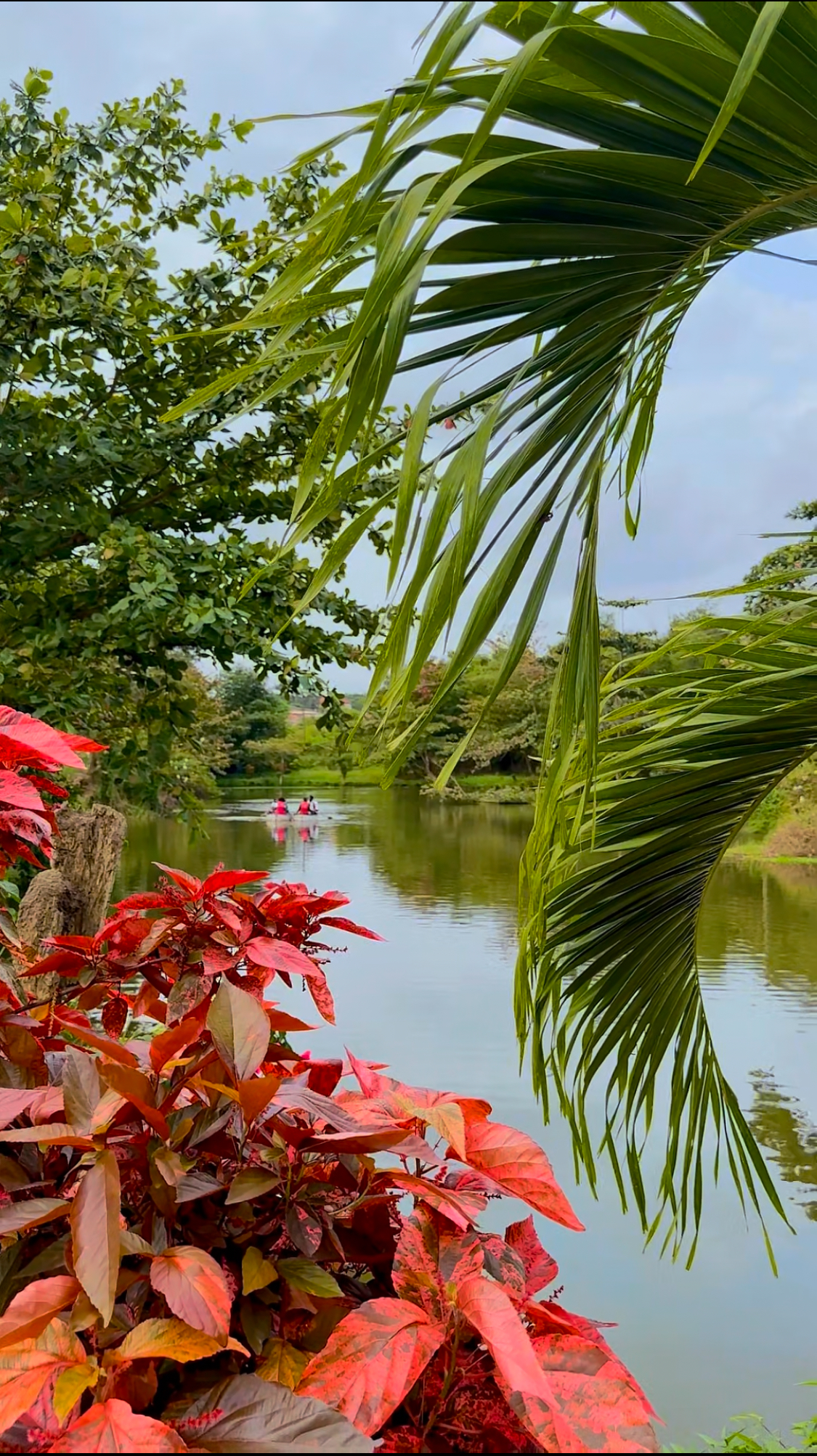
Driving through my old university, the University of Cape Coast, was another highlight. I was amazed at how much it had grown since I left in 2006 — bigger, busier, and filled with so many new structures that it almost felt like a different place altogether.
Connections and Reflections
More than the sights or the food, what made this trip unforgettable was the chance to reconnect with family. From the moment my brother welcomed us at the airport after hours of waiting, I felt that deep sense of belonging that no distance or time apart can erase.
Sharing meals together, whether in restaurants, at home, or even on the road, reminded me that food tastes better when it’s accompanied by laughter and familiar voices. Simple things like driving through town, catching up on everyday life, or just sitting side by side made me appreciate the value of togetherness.
Being back in Ghana also stirred reflection. Passing by Elmina Castle, for example, wasn’t just a tourist moment; it was a reminder of resilience, history, and how important it is to carry these stories forward. Standing at the fishing harbour, watching life unfold, I thought about how different yet connected our worlds are.
The trip left me with gratitude for family, heritage, and the chance to step away from routine and experience Ghana with fresh eyes. It wasn’t just a holiday; it was a homecoming, a chance to recharge, and a reminder of where my roots run deep.
Practical Tips for Future Travellers
If you’re planning a trip to Ghana, here are a few things I learned along the way:
• Currency – Ghana uses the Ghana cedi. It’s best to carry a mix of cash and card, as not every place accepts electronic payments, especially outside Accra and Oh. Don’t bother to use your Amex – it wouldn’t work.
• Transport – Traffic in Accra can be hectic. Build extra time into your journeys, and don’t be surprised if short distances take longer than expected. There are various means of travel if you don’t have your own car. I personally suggest you get an Uber or Bolt within the city. But by all means, if you want to jump into a traitor for the culture, do it.
• Food & Water – Try the street food (it’s delicious and safe from trusted vendors), but also stay hydrated. Carry bottled water for its refreshing properties in the heat.
• Weather – Ghana is warm and humid most of the year. Light clothing, sunscreen, and insect repellent are essentials. Depending on the season, it may not be too hot, so check the weather before you travel.
• Cultural Etiquette – Greetings matter! A warm “Good morning/afternoon” goes a long way. Respectful interactions open doors to kindness and hospitality.
• Where to Stay – For travellers not staying with family, Ghana offers a wide range of accommodation options to suit different budgets and preferences.
At the higher end, there are luxury hotels like Kempinski Hotel Gold Coast City in Accra, Labadi Beach Hotel, and Mövenpick Ambassador Hotel, which offer five-star amenities, pools, gyms, and world-class dining. These are perfect if you want comfort, convenience, and a touch of indulgence.
For mid-range budgets, there are plenty of solid options such as Alisa Hotel, Aknac Hotel, and regional gems like Hans Cottage Botel or Pempamsie Hotel. These provide good standards of service, comfortable rooms, and local charm without the premium price tag.
For those travelling on a budget, Ghana also has an abundance of guesthouses, lodges, and smaller hotels scattered across cities and towns. Many are family-run, offering basic but clean accommodation, often with breakfast included and the bonus of warm Ghanaian hospitality. Whether you’re seeking luxury, practicality, or something more authentic, there’s always a place to suit your needs, which makes travelling around Ghana accessible for everyone.
• Souvenirs – Don’t miss local markets, historical sites like Elmina and Cape Coast Castle. Handmade crafts, beads, and carvings make meaningful keepsakes.
Oh, you can grab something last-minute from duty-free at the airport.
My trip to Ghana was more than just a holiday — it was a homecoming. From the laughter shared with family and the meals that carried both comfort and memory, to the moments of reflection at historical sites and the joy of discovering how much has changed since I last lived here, every experience left its mark.
Ghana is a place where history and modern life meet, where hospitality is part of daily culture, and where you can find both peace and vibrancy depending on where you go. Whether through the comfort of family, the variety of hotels, or the warmth of strangers, Ghana offers something deeply human: connection.
As I left, I carried not just souvenirs, but renewed gratitude — for heritage, for belonging, and for the reminder that no matter how far I travel, Ghana will always feel like home.
